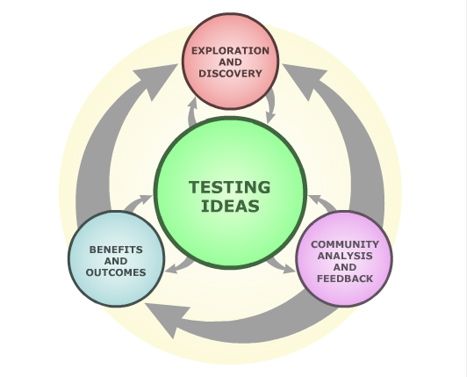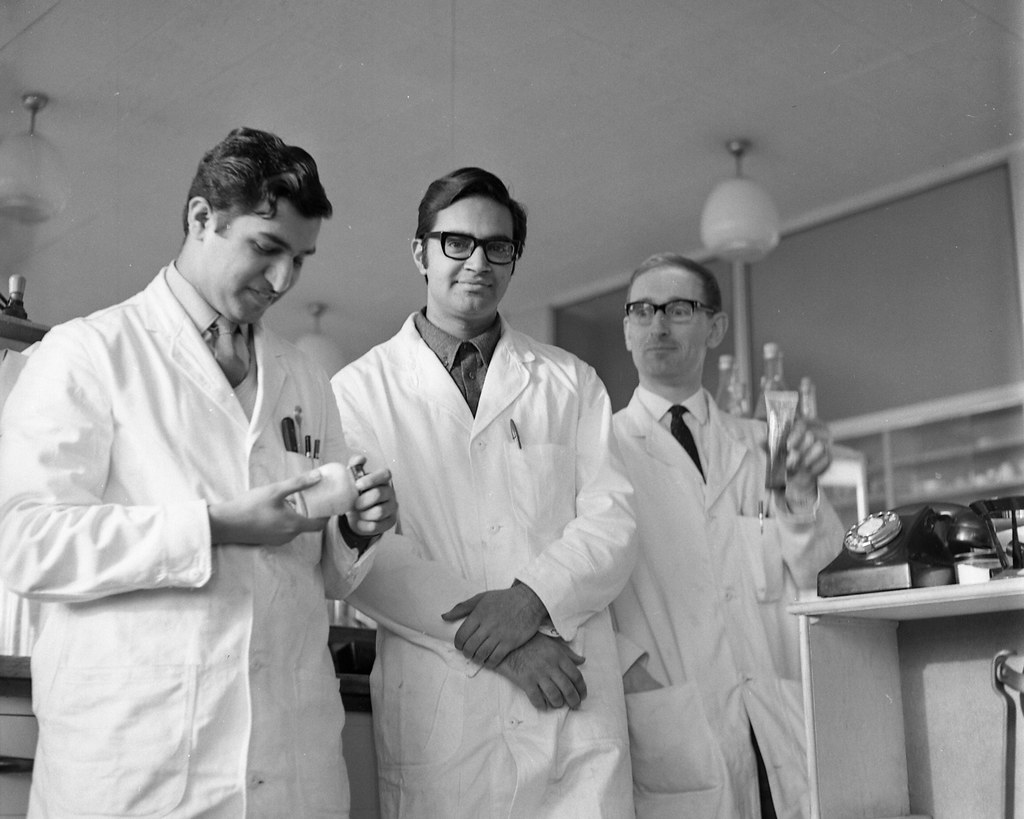In one thread of this forum @2PhiloVoid and I discussed the value of a thread on historical method. As I thought about it, I decided such a thread would quickly become untenable because most of the unbelievers in this forum exclusively argue a superiority of science (or what they think is science) regardless of the topic, and, as a result, tend to argue that history is scientific.
Therefore, science is the elephant in the room, and probably the better place to start.
As it happens, when I was an undergrad in history my advisor's specialty was the history of science. Given I already had an M.S. in engineering, she encouraged me to focus on the history of science as well. Though, in the end, I didn't go that direction, I did do considerable reading in the area. A major work I would recommend is Philosophy of Science: The Central Issues, by Curd & Cover. I intend to roughly follow the format of their book - as much as the fractal nature of Internet discussion will allow.
To that end, the first question tackled in that book is: What is science?
Therefore, science is the elephant in the room, and probably the better place to start.
As it happens, when I was an undergrad in history my advisor's specialty was the history of science. Given I already had an M.S. in engineering, she encouraged me to focus on the history of science as well. Though, in the end, I didn't go that direction, I did do considerable reading in the area. A major work I would recommend is Philosophy of Science: The Central Issues, by Curd & Cover. I intend to roughly follow the format of their book - as much as the fractal nature of Internet discussion will allow.
To that end, the first question tackled in that book is: What is science?


